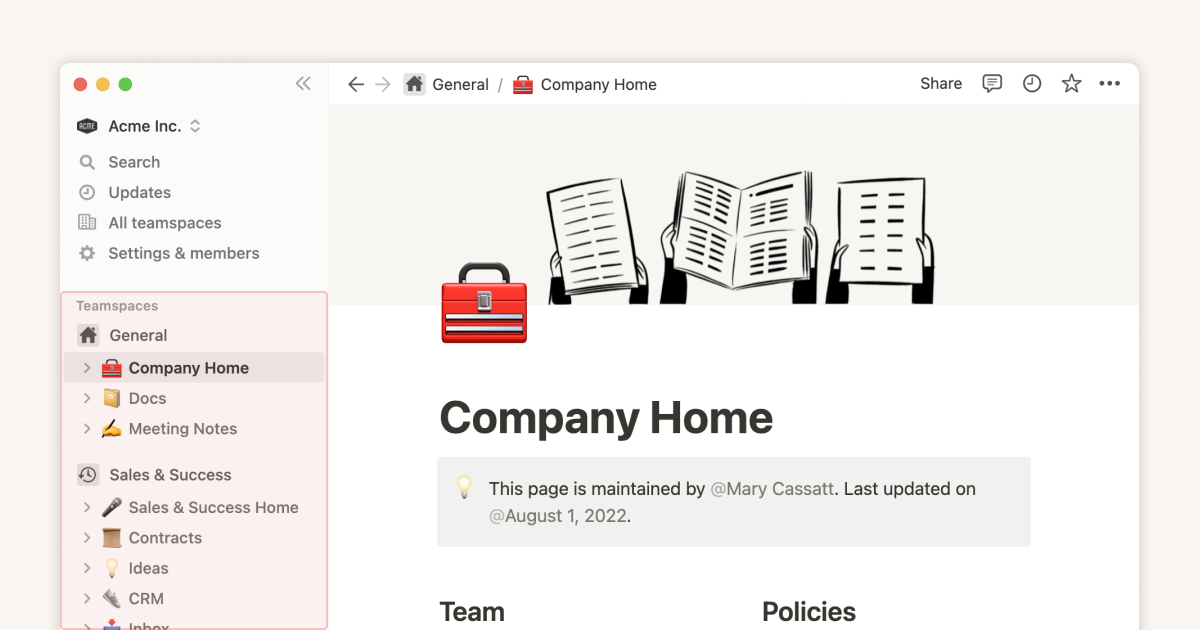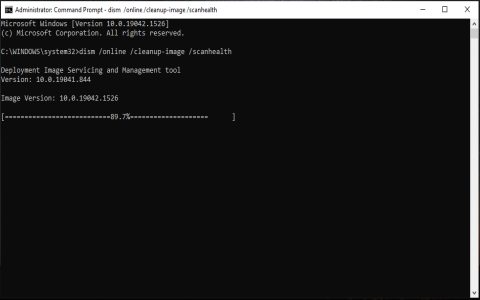While Notion offers a flexible canvas for team collaboration, its potential to enhance productivity can quickly sour, leading to a disorganized and inefficient "team space." Without deliberate strategy and ongoing management, Notion can inadvertently hinder rather than help.
The Pitfall of Unchecked Flexibility
Notion's greatest strength – its adaptability – can become its primary weakness in a team environment. The absence of enforced structure often leads to:
- Information Silos: Inconsistent page creation, naming conventions, and organizational logic make locating critical information a time-consuming chore.
- Content Duplication & Redundancy: Without clear guidelines, multiple versions of the same information can exist, causing confusion and errors.
- Orphaned & Outdated Data: Pages become abandoned, information grows stale, and the workspace becomes a digital graveyard rather than a living resource.
Overwhelm and Adoption Barriers
Introducing Notion to a team without proper planning can create significant friction:

- Steep Learning Curve: Not all users will intuitively grasp Notion's complexities. This can lead to underutilization by some and frustration for others tasked with supporting them.
- Feature Bloat & Over-Engineering: The temptation to use every feature can result in overly complex setups that are difficult to navigate and maintain, slowing down actual work.
- Notification Fatigue: Poorly managed notification settings can bombard users, causing important updates to be missed or ignored.
Governance and Maintenance Deficiencies
A thriving Notion team space requires active governance, a frequently underestimated need.
- Ambiguous Permissions: Managing user access across a growing workspace can become convoluted, leading to either over-restricted access (hindering collaboration) or overly permissive access (risking data integrity).
- Lack of Ownership: Without designated administrators or "gardeners" for different sections, the space can quickly deteriorate into disarray. Accountability is crucial.
- Scalability Issues: As content and user numbers grow, performance can degrade, particularly with large databases or deeply nested page structures.
The "One Tool Fits All" Fallacy
While Notion aims to be an all-in-one solution, forcing it to perform tasks better suited to specialized tools can be counterproductive. Using Notion for complex project management requiring Gantt charts, dedicated CRM functionalities, or intricate financial tracking might lead to inefficient workarounds. This often results in a system that is mediocre at many things but master of none for the team's core needs.
In conclusion, a "ruined" Notion team space is typically a symptom of insufficient planning, a lack of clear protocols, and inadequate ongoing management. Its power requires discipline to prevent it from becoming a source of team friction and inefficiency.









